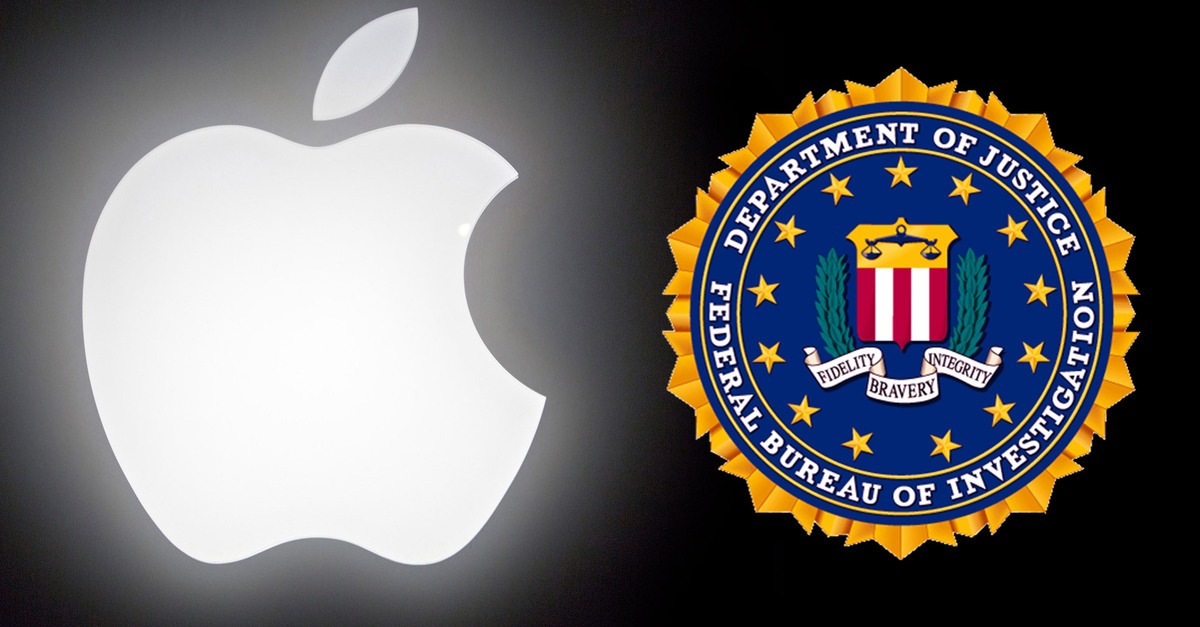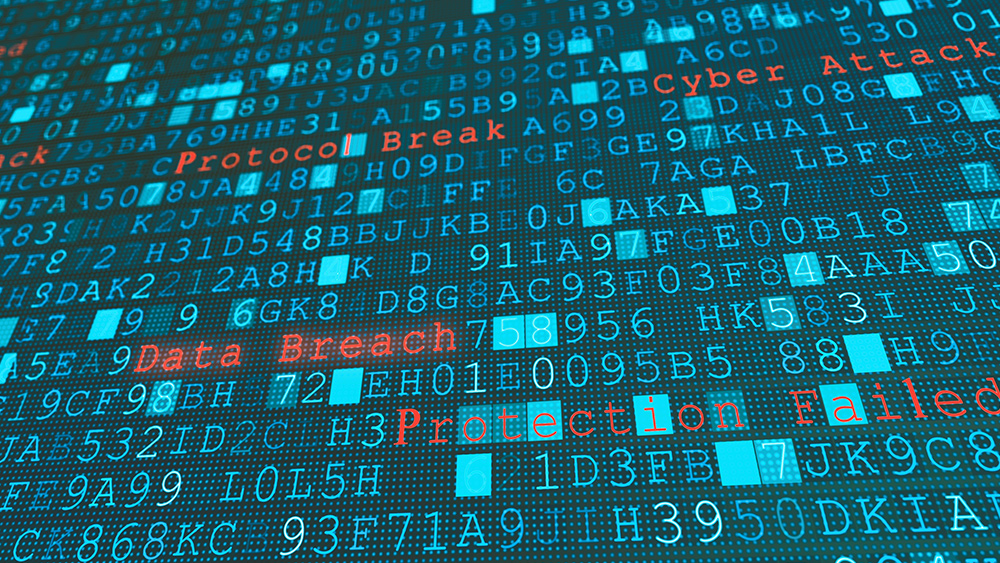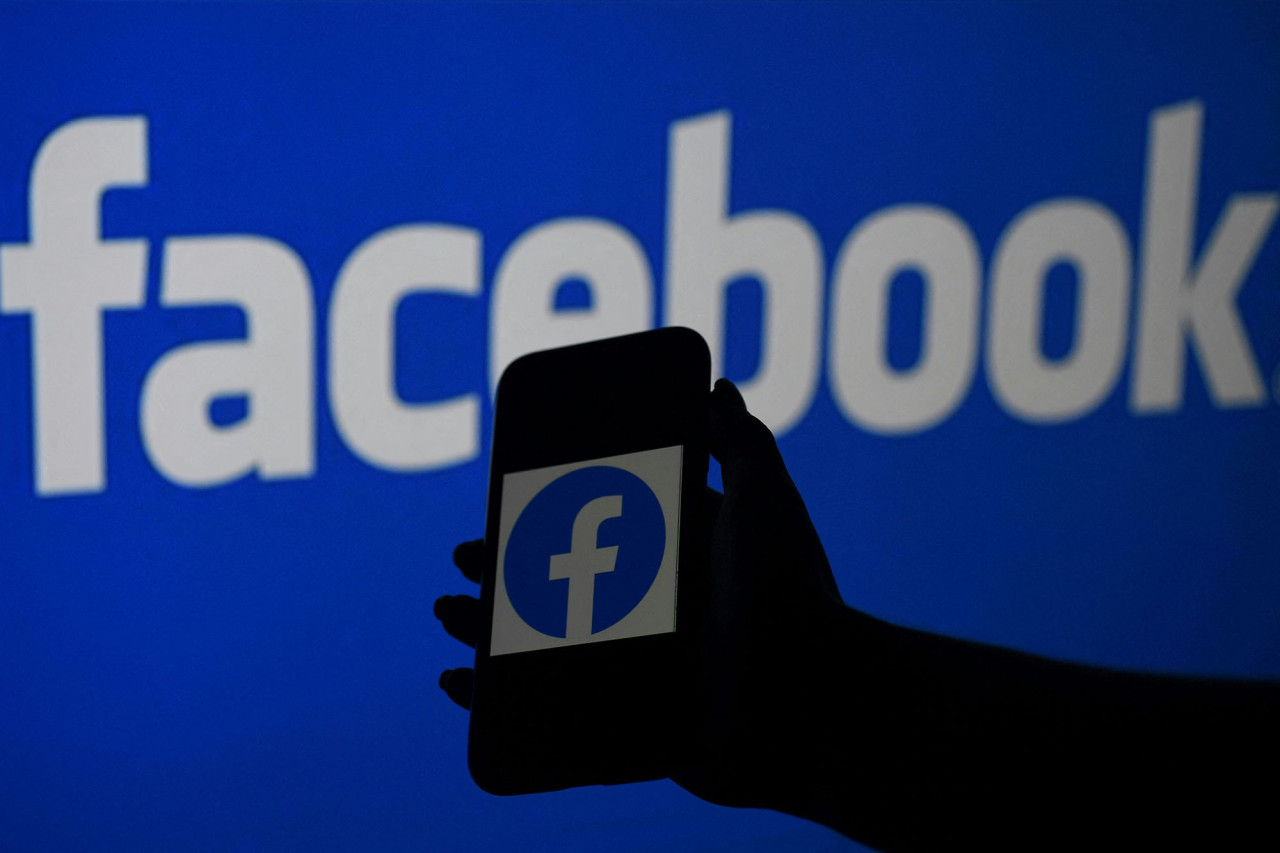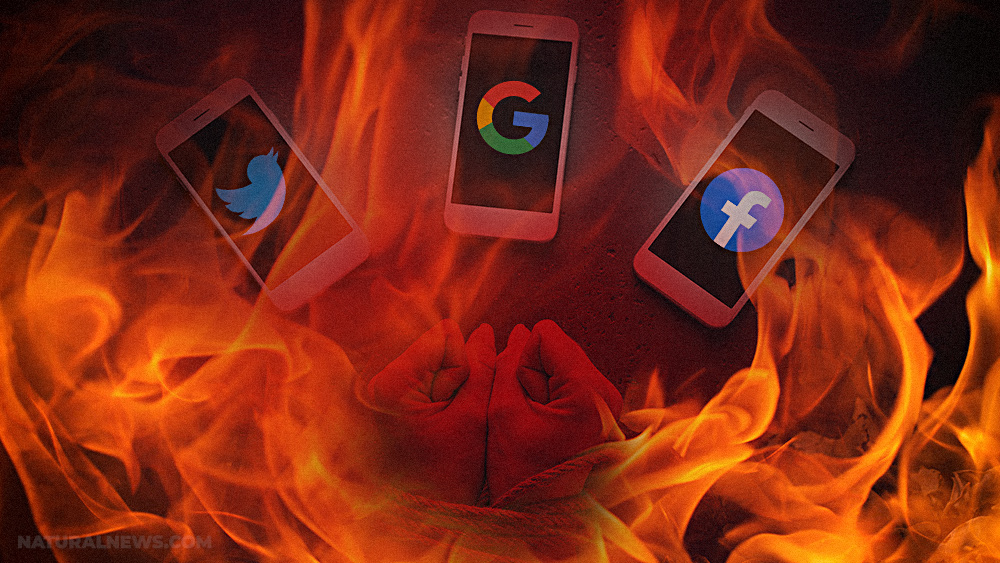Apple scrapped plan to encrypt iCloud backups after FBI complaint
03/09/2022 / By Cassie B.

Insiders report that Apple scrapped plans it once had to encrypt iCloud backups after receiving a complaint from the FBI.
The bureau feared that encrypting files that are uploaded to iCloud by iPhone users would hinder law enforcement investigations. The complaint reportedly emerged a few years ago when Apple was working on the encryption, and the tech giant complied with the FBI’s request and kept silent about it to avoid scrutiny. Current and former FBI officials and Apple employees have all confirmed the story.
At the time, Apple had informed the FBI that it would be offering end-to-end encryption to users who store iPhone data on their iCloud service. Apple would not have a key that could be used to unlock the encrypted data in a move aimed at deterring hackers.
The FBI often uses hacking software that capitalizes on security flaws to break into phones, but doing so requires them to have access to the phone – something that would tip off a person who is being investigated. However, without encryption, they can search iCloud remotely and secretly. Data shows that American authorities requested and received iCloud content and full device backups for nearly 1,600 cases during the first half of 2019 alone.
Apple says they hand over at least some data for 9 out of 10 requests they receive from law enforcement. If they were to offer end-to-end encryption, however, this would no longer be possible.
“Legal killed it, for reasons you can imagine,” one former Apple employee claimed, telling Reuters that they didn’t want to risk attacks from public officials for protecting criminals. They also wanted to avoid opening themselves up to lawsuits related to moving data that was previously accessible outside of the reach of government agencies. They also feared the move could be used as justification for new legislation against encryption.
The source at Apple said part of the motivation was avoiding another scenario like Apple’s court battle with the FBI over accessing a suspect’s iPhone in the 2016 mass shooting in San Bernardino, California.
On that occasion, Apple appealed a court order forcing them to break into the suspect’s iPhone for the FBI. The government ultimately dropped their legal pursuit of Apple after finding a contractor who was able to break into the phone.
In another incident, Apple was asked publicly by Attorney General William Barr to unlock a pair of iPhones used by an officer in the Saudi Air Force who killed three Americans in a shooting at a Pensacola naval base. On that occasion, they did provide the shooter’s iCloud backups.
Encryption enhances privacy
End-to-end encryption ensures that only the two people who are participating in a chat can read its messages, locking out everyone else, including the company that owns and runs the service. The approach is chiefly aimed at preventing data from being read or secretly modified while being passed among the two parties involved. Only the two people who are directly involved in the conversation have the cryptographic keys required to access the content.
Decrypted conversations, in contrast, can be accessed by third parties, opening up the possibility of them being intercepted by law enforcement agencies and governments. Currently, the FBI can ask Apple to unlock the accounts of individuals they are investigating, and they claimed in private talks with Apple that encryption would take away one of their most effective methods of getting evidence against suspects who use iPhones.
Sources for this article include:
Submit a correction >>
Tagged Under:
Apple, big government, Big Tech, computing, deception, end-to-end encryption, FBI, freedom, iCloud, national security, police state, privacy watch, surveillance, tech giants, technocrats, traitors
This article may contain statements that reflect the opinion of the author
RECENT NEWS & ARTICLES
COPYRIGHT © 2017 TECHNOCRATS.NEWS
All content posted on this site is protected under Free Speech. Technocrats.news is not responsible for content written by contributing authors. The information on this site is provided for educational and entertainment purposes only. It is not intended as a substitute for professional advice of any kind. Technocrats.news assumes no responsibility for the use or misuse of this material. All trademarks, registered trademarks and service marks mentioned on this site are the property of their respective owners.


















